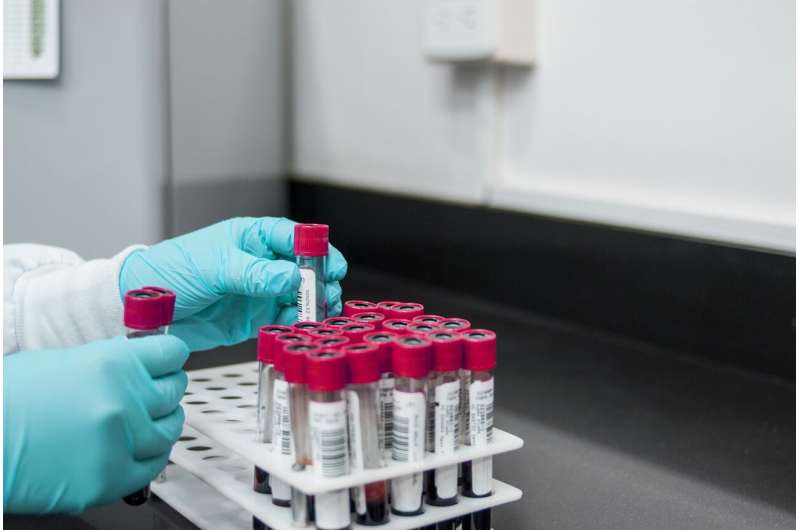Actin Scaffold in Cell Nucleus Enhances Cancer Cell Survival

Discover how a rapid actin scaffold formation in the cell nucleus helps cancer cells withstand mechanical stress during migration, offering new insights into metastasis and potential therapeutic targets.
Recent research from the University of Freiburg's Cluster of Excellence CIBSS has uncovered a crucial protective mechanism that allows cancer cells to survive the high mechanical pressure they face during migration, especially in the process of metastasis. When cancer cells move through narrow tissue structures, such as tiny microchannels, their nuclei are subjected to intense mechanical stress, often leading to nuclear envelope rupture and potential DNA leakage, which can harm the cell. However, the studies demonstrate that within seconds of rupture, a fine scaffold of actin filaments rapidly forms inside the cell nucleus. This scaffold is constructed through the coordinated action of proteins like DIAPH1, DIAPH3, and the DNA damage sensor ATR, creating a stabilizing structure that prevents DNA loss and maintains nuclear integrity. Over the course of the investigation, scientists used high-resolution microscopy and atomic force microscopy to explore this process in fibrosarcoma cells inserted into microchannels, simulating invasive conditions. They observed actin filament formation within approximately 80 seconds post-rupture, highlighting the speed of this protective response. The findings suggest that the ATR-DIAPH1/3-actin axis serves as a dynamic defense mechanism, shielding the nucleus from damage during mechanical stress. Targeting this pathway could have significant implications for cancer therapy; hindering this actin-driven stabilization might reduce the ability of cancer cells to survive mechanical challenges and potentially curb metastasis. "This protective mechanism helps cancer cells endure physical stresses they encounter during migration, enabling them to continue invading tissues despite nuclear rupture," explained Prof. Dr. Robert Grosse. This research not only advances the understanding of cancer cell resilience but also opens avenues for developing treatments aimed at disrupting nuclear stabilization in metastatic cells, potentially preventing disease progression.
Stay Updated with Mia's Feed
Get the latest health & wellness insights delivered straight to your inbox.
Related Articles
Revolutionizing Glioblastoma Monitoring Through Repeated Brain Tumor Sampling
New research demonstrates that repeated brain tumor biopsies can reveal treatment responses in glioblastoma patients, even when MRI scans suggest progression, paving the way for personalized therapy strategies.
Comprehensive Overview of Breast Cancer Care in Ethiopia: Diagnosis, Treatment, and Survivorship Support
Discover how Ethiopia is advancing breast cancer diagnosis, treatment, and culturally tailored psychosocial support to improve patient survivorship outcomes.
Cannabis Use Linked to Reduced Risk of Postoperative Eyesight Complication
New research suggests cannabis use may lower the risk of complications following retinal detachment surgery. Learn more about this emerging connection in ophthalmology research.
Innovative Blood Test Identifies Glycan Marker Associated with Schizophrenia
A new blood test developed by Nagoya University offers a sensitive method to measure polysialic acid, a glycan linked to schizophrenia, opening new possibilities for non-invasive diagnosis and understanding of neuropsychiatric disorders.



